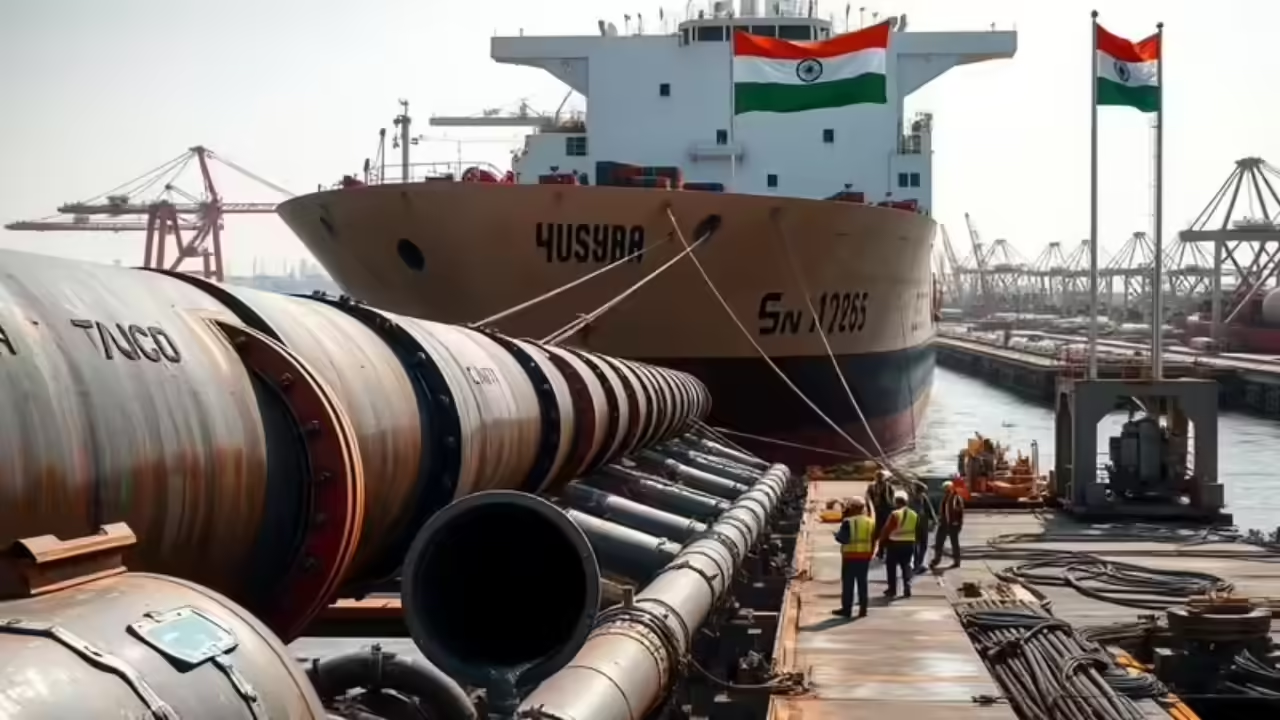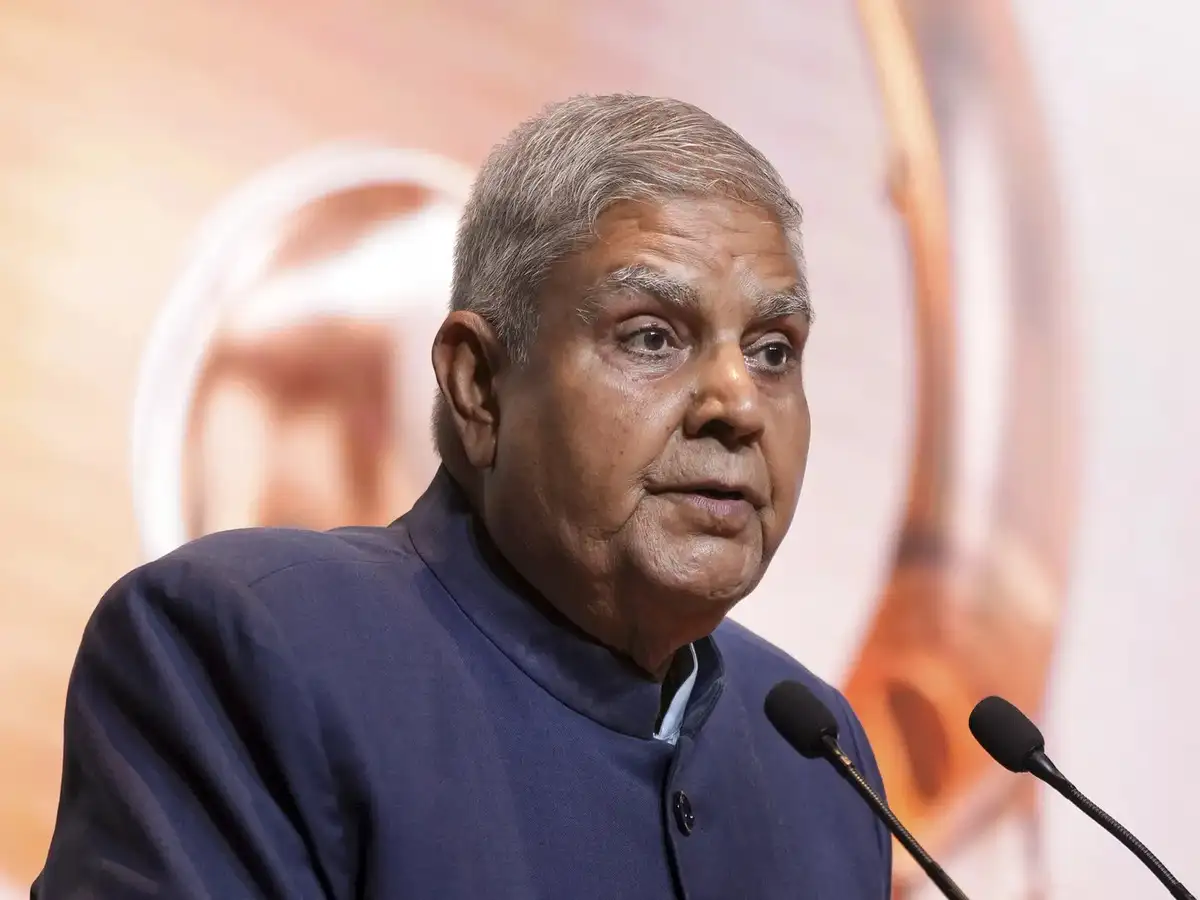Now Reading: India Puts Energy Security First, Says No to ‘Double Standards’ on Oil Trade
-
01
India Puts Energy Security First, Says No to ‘Double Standards’ on Oil Trade
India Puts Energy Security First, Says No to ‘Double Standards’ on Oil Trade

India has made it clear that national interest and energy security will remain at the core of its oil procurement strategy. Responding to international scrutiny over its oil deals, particularly with Russia, Foreign Secretary Vinay Kwatra stated that India does not believe in global double standards and will continue to buy energy wherever it’s most beneficial for the country.
Oil Imports Driven by Practical Needs
India, the world’s third-largest oil importer, relies heavily on foreign sources to meet its growing energy demands. With global prices fluctuating and geopolitical tensions affecting traditional supply chains, the country has diversified its procurement options.
This includes oil purchases from Russia, often at discounted rates, which has sparked criticism from some Western countries. However, officials maintain that these decisions are based purely on national interest and long-term stability.
No Apologies for Strategic Choices
Speaking on the matter, Kwatra emphasized that every country makes decisions based on its own requirements, and India is no exception. He pointed out that while some countries call for restraint, they themselves continue to pursue energy deals aligned with their strategic goals.
This pushback highlights India’s growing confidence on the global stage and its refusal to be drawn into one-sided expectations that do not reflect its domestic needs.
Tier 2 Cities and the Fuel Cost Impact
Fuel prices directly affect daily life in Tier 2 cities like Nagpur, Jaipur, and Lucknow, where public transport, agriculture, and small businesses rely on stable fuel costs. By securing cheaper energy sources, India aims to shield consumers and small industries from global price shocks.
This approach also helps in managing inflation and keeping essential services affordable for middle and lower-income groups, which form the backbone of these cities.
Balancing Global Relations and Domestic Priorities
While India continues to strengthen ties with Western allies, it is also navigating complex relationships with countries like Russia and Iran to ensure uninterrupted energy supplies. Diplomats argue that this balancing act is not about picking sides but about safeguarding economic stability.
India’s stance reflects a broader shift where developing countries are asserting their right to choose economic partners based on national priorities rather than geopolitical pressure.
Looking Ahead
As the global energy landscape continues to evolve, India’s message is firm—energy decisions will be made on its own terms, without being swayed by selective criticism. In doing so, the country aims to ensure long-term energy access for its population while maintaining autonomy on the world stage.
























